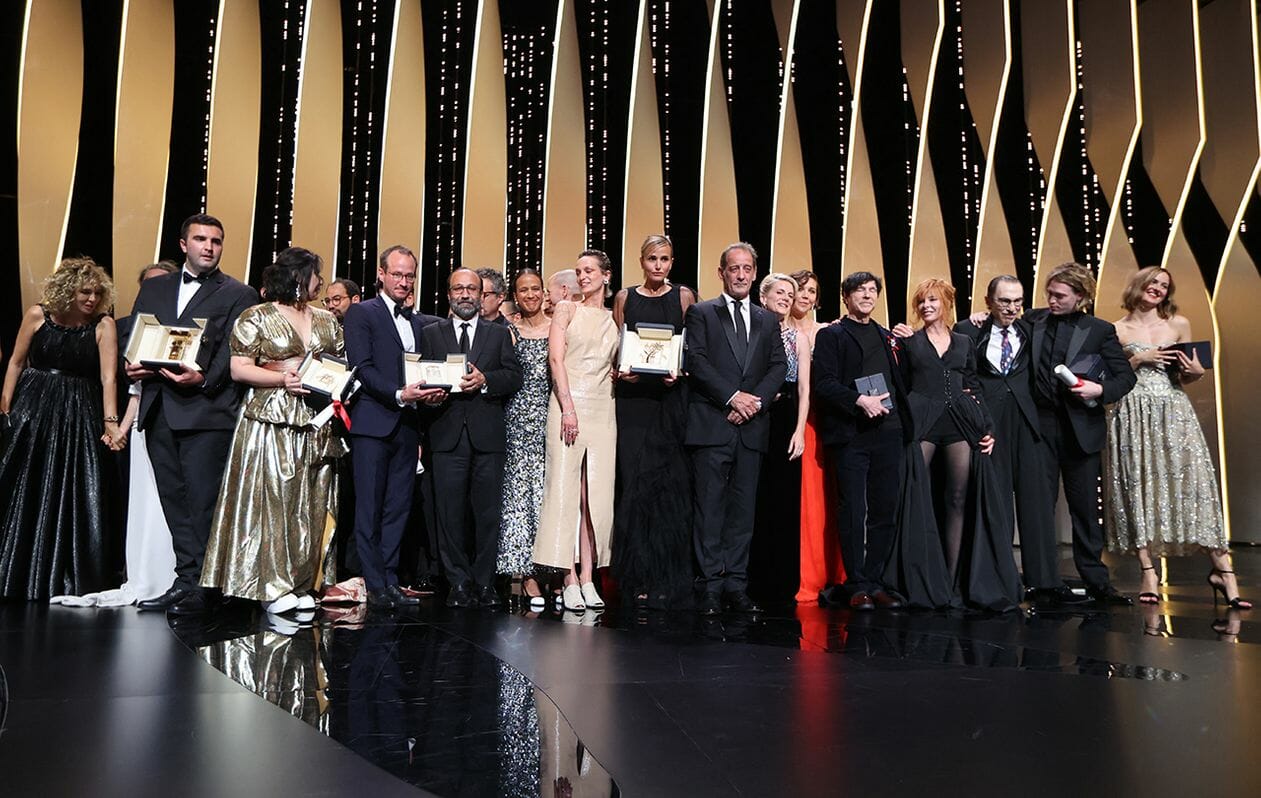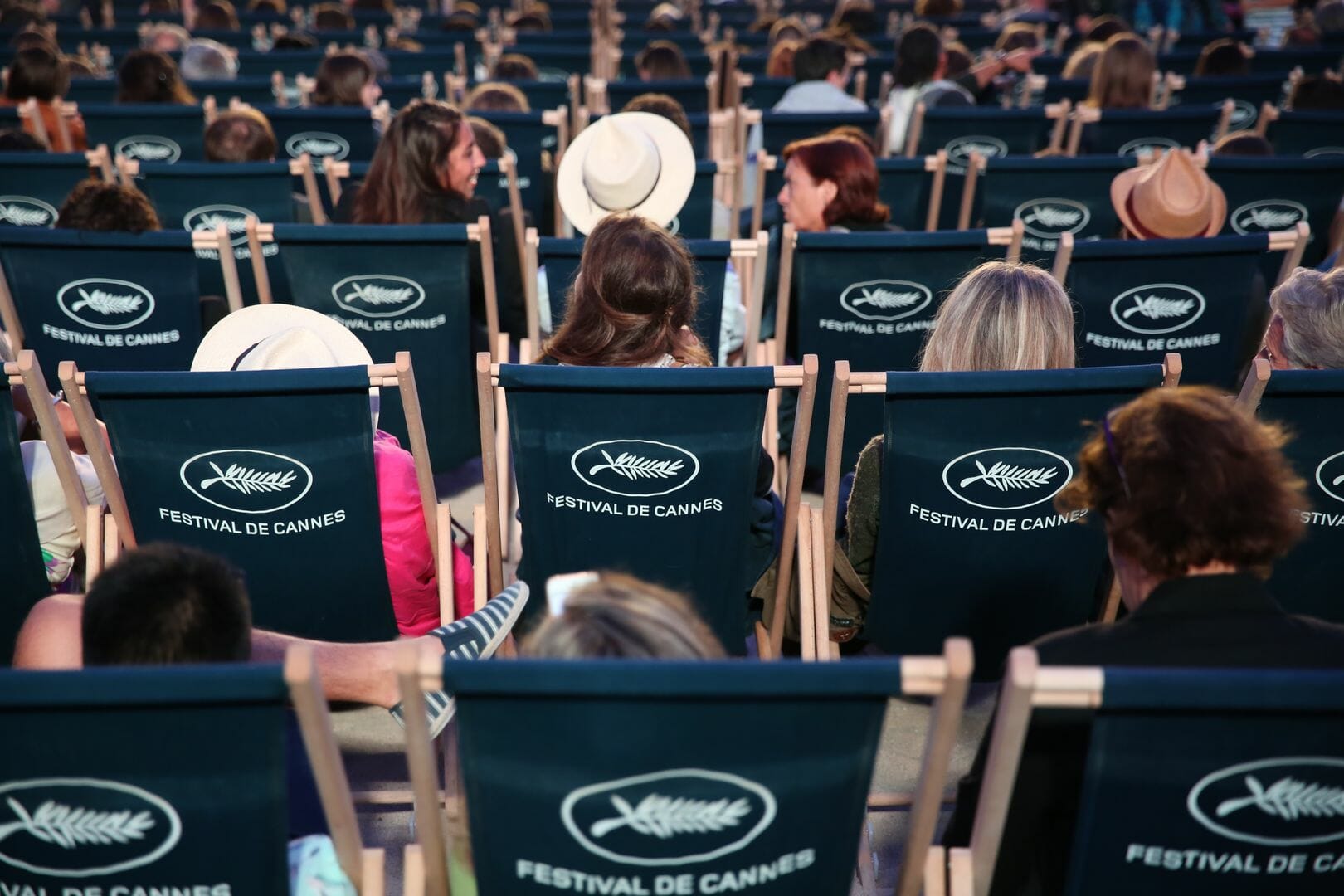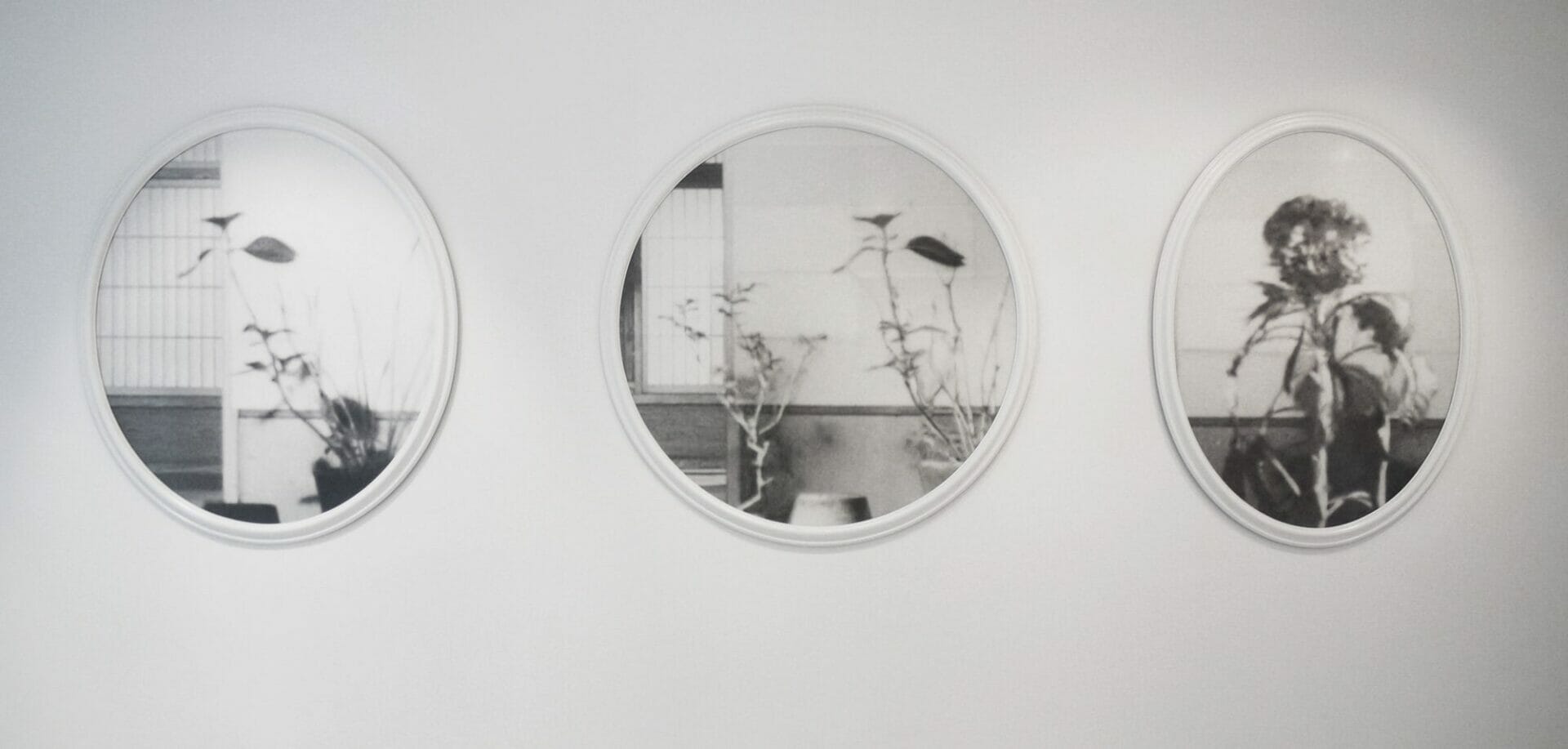
The 74th edition of Festival de Cannes has just ended, but the fun for cinephiles around the world begins now. The Festival is back after last year’s hiatus and has adapted to the extraordinary circumstances of the Pandemic.
Well-known names and newcomers
There was much anticipation for Nanni Moretti‘s return to theaters with his adaptation of Tre Piani by Eshkol Nevo in competition, and The French Dispatch by Wes Anderson screened as an exclusive preview at Cannes.
Both movies were praised by the audience but received mixed reviews from the press. Auteurs such as Paul Verhoeven (Benedetta) and Jacques Audiard (Paris, 13th District) did not win any awards, along with Sean Penn (Flag Day), and Sean Baker (Red Rocket).
On the contrary, Spike Lee, president of the jury, along with the other members of the jury – directors Mati Diop, Jessica Hausner, and Kleber Mendonça Filho; actors Maggie Gyllenhaal, Mélanie Laurent, Song Kang-ho, and Tahar Rahim, and singer-songwriter Mylène Farmer – chose the unexpected.
A change with a political drive
The closing ceremony included unscheduled moments, a divided jury, ties for important awards, and the most improbable revelation of the Palme in Cannes history. In embarrassing resonance with the 2017 La La Land/Moonlight Oscar confusion, at the beginning of the big night, Spike Lee inadvertently blurted out that Julia Ducournau‘s Titane had won the Palme d’Or. And then he almost announced it once again, anticipating the official introduction of presenter Sharon Stone.
The 2021 Palme d’Or winner, Titane is the second feature by the French director Julia Ducournau. It is an extreme movie about a dancer and serial killer (Agathe Rousselle) who adopts the identity of the missing son of a steroid-addled fire chief. Titane embodies a contemporary trend of genre hybridization, already acknowledged with the 2019 Palm d’Or Bong Joon-Ho‘s Parasite.
Ducournau is the second woman to win the Palme d’Or since Jane Campion for The Piano in 1993.
The director thanked Lee and the jury for “being inclusive and fluid.”
“I don’t think what I do defines me as a woman,” she said at the press conference. “I thought about Jane Campion, as she was the first woman to receive this award. As the second woman, I have the impression that I belong to a movement that is underway. There will be a third, fourth, and fifth woman.”
She became emotional answering the last question about feeling free as a filmmaker:
It’s never easy to be free. You have to fight all the time. You have to fight for liberty. Freedom can only come from within; it’s a fight every day.
For the Grand Prize, the award was shared with A Hero by Asghar Farhadi and Compartment No. 6 by Juho Kuosmanen. The Jury Prize went to Ahed’s Knee by Nadav Lapid and Memoria by Apichatpong Weerasethakul.
Apichatpong Weerasethakul‘s previous film was Uncle Boonmee Who Can Recall His Past Lives back in 2010, which won a Palme d’Or. A master of slow cinema, Weerasethakul’s Memoria is his first English-language film, and it stars Tilda Swinton, whom the filmmaker thanked profusely.
Thus the spotlight goes out on Cannes 2021. World Cinema is back with new energy and keeps expanding its frontiers.







